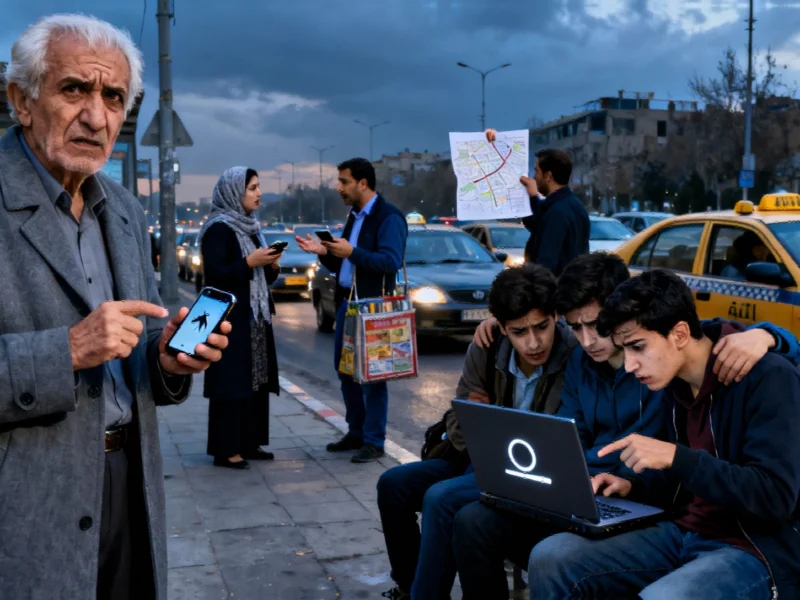Iran’s Digital Crackdown Intensifies Post-Conflict, Isolating Citizens and Businesses
Iran continues to enforce extensive internet restrictions following June’s conflict with Israel, with digital rights monitors reporting slowed speeds, GPS jamming, and blocked international platforms. The measures have left citizens struggling with basic tasks and businesses facing operational challenges during an economic crisis.
Post-War Internet Restrictions Continue in Iran
Iran maintains significant internet restrictions months after its June conflict with Israel, despite technically lifting the initial blackout, according to digital rights experts and local reports. The measures include slowed connection speeds, curtailed online traffic, and jammed geolocation services that have transformed simple daily tasks into hours-long challenges for ordinary citizens.

